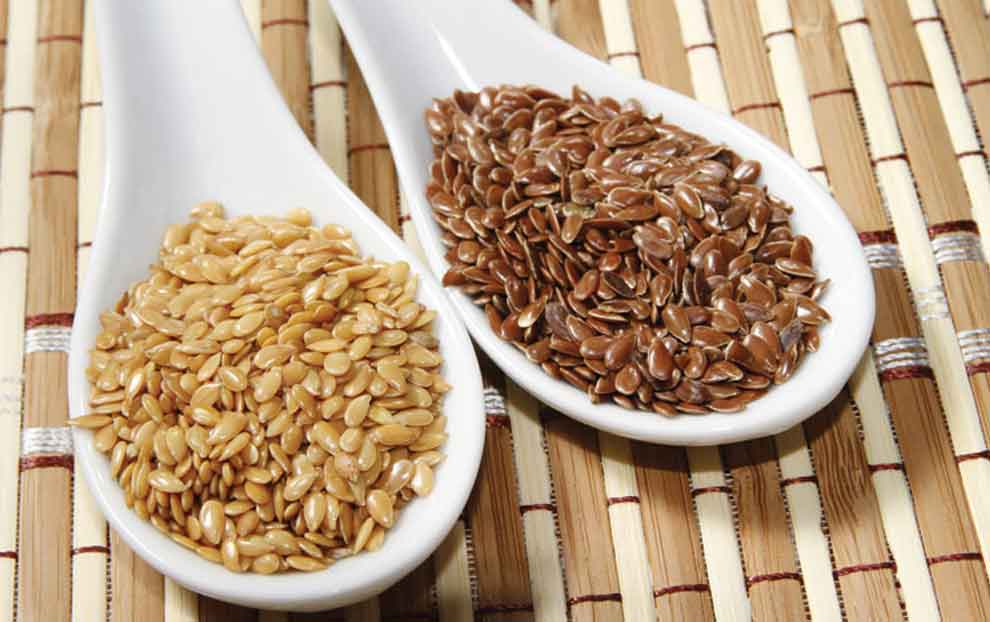Does Flaxseed Really Work
Although used for centuries in nutrition and complementary health practices, flaxseed has created buzz for a whole other purpose: your hair.
Whether you apply flaxseed topically as an oil, or perhaps eat more ground flaxseed on a regular basis, there’s a belief that doing so will make your hair stronger for better growth and overall manageability.
While research is slim, there’s no doubt that ground flaxseed and flaxseed oil offer numerous potential health benefits.
What is flaxseed?
Known for its golden-brown color, flaxseed is considered a nutritional powerhouse for its combination of essential macro and micronutrients. These include protein, omega-3 fatty acids, fiber, and antioxidants.
Despite its nutrients, whole flaxseed isn’t readily absorbed by the body. This is why its either ground into powder form to eat, or cold-pressed to extract the oil for cooking and flavoring certain dishes.
Flaxseed oil is also used in a variety of complementary health practices and for home remedies, including hair health.
How flaxseed may help hair
When applied to your hair, any type of plant-based oil may help seal the cuticle, which helps prevent breakage and frizz for optimal growth. Flaxseed oil offers even more specific benefits based on its overall nutritional profile.
flaxseed oil Benefits FOR HAIR
The following ingredients can offer specific benefits for your hair:
• Omega-3 fatty acids. It may be surprising that flaxseed has a fatty acid often found in fish, but it’s a different form called alpha-linolenic acid (ALA). Fish, on the other hand, is a source of docosahexaenoic acid (DHA) and eicosapentaenoic acid (EPA). Plant-based ALA is known for its heart health benefits. It can also reduce inflammation — a contributor to diseases throughout the body that can also affect hair growth.
• B vitamins. Flaxseed is a reliable source of B vitamins, a group of nutrients that are known for making your hair grow stronger and healthier at a more rapid rate.
• Vitamin E. This is antioxidant is also readily available in nuts and plant-based oils. When it comes to hair health, vitamin E reduces the effects of free radicals on your scalp, thereby promoting hair growth. Adequate vitamin E intake may also promote stronger hair follicles.
To get the most out of the nutritional benefits of flaxseed, you’re better off eating ground up seeds or oil. Topical applications may help aesthetically on a temporary basis, too.
Risks of using flaxseed oil
Although flaxseed oil is a plant-based, natural food source, it can still present some risks.
Potential side effects of flaxseed oil
• gastrointestinal side effects, such as abdominal cramps, bloating, gas, diarrhea, and constipation
• toxicity from eating unground, unripe seeds
• decreased blood pressure
• a possible increased risk of prostate cancer
• an increased level of estrogens (from flaxseed only), which may adversely affect a fetus during pregnancy
• certain drug interactions, especially with blood thinners, cholesterol medications, and insulin for diabetes management
• skin sensitivity to topical oils





ارسال دیدگاه
مجموع دیدگاهها : 0در انتظار بررسی : 0انتشار یافته : ۰